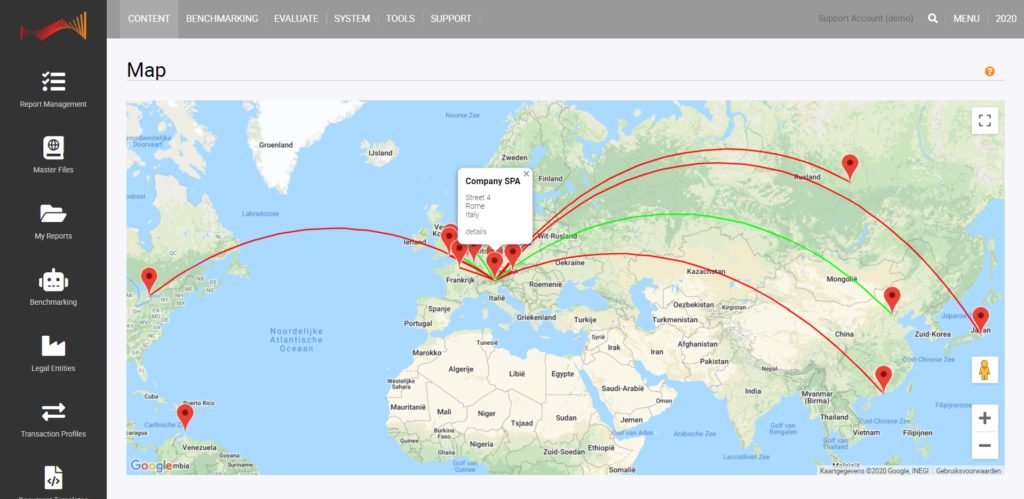TPGenie was already for years equipped with functionality that allows reporting a fiscal unity (fiscale eenheid in Dutch) accurately. In our most recent software update of May 2020, we have improved the functionality to make it more versatile to the needs of various multinational companies and countries. Therefore we have improved flexibility by adding options to show, hide, or aggregate internal intercompany transactions.

Group tax consolidation
In principle a parent company and its subsidiaries in which the parent company has (directly or indirectly) 95% or more of the shares can create a fiscal unity for corporate income tax purposes. Under a fiscal unity, the parent company and its subsidiaries can file what is in effect a consolidated tax return after the necessary approval of the tax authorities has been granted. Although the tax is levied on the parent company, each member remains technically a separate taxpayer.
In general, a fiscal unity is restricted to companies that are resident in the Netherlands on the basis of their place of effective management (and that are not resident outside the Netherlands under an applicable tax treaty or similar arrangement). Resident companies that are incorporated outside the Netherlands need to satisfy additional criteria (e.g. have a corporate form equivalent to Dutch companies). Subject to meeting certain conditions (e.g. as regards place of effective management, corporate characteristics et cetera), Dutch permanent establishments of non-resident companies may be included in a fiscal unity. A permanent establishment can also function as the parent company, provided that the shares in the subsidiaries are attributable to the permanent establishment.
Source: Taxgate
Recent Comments